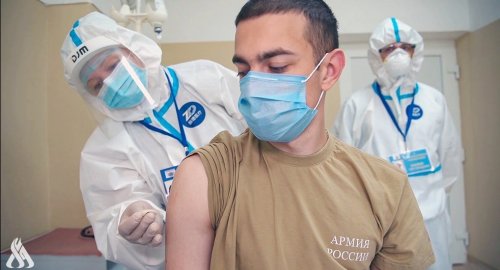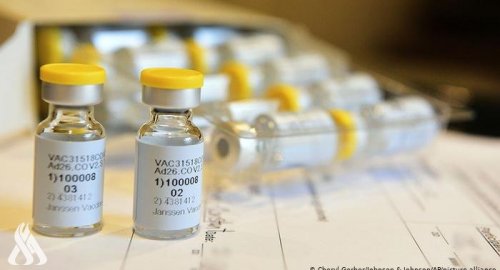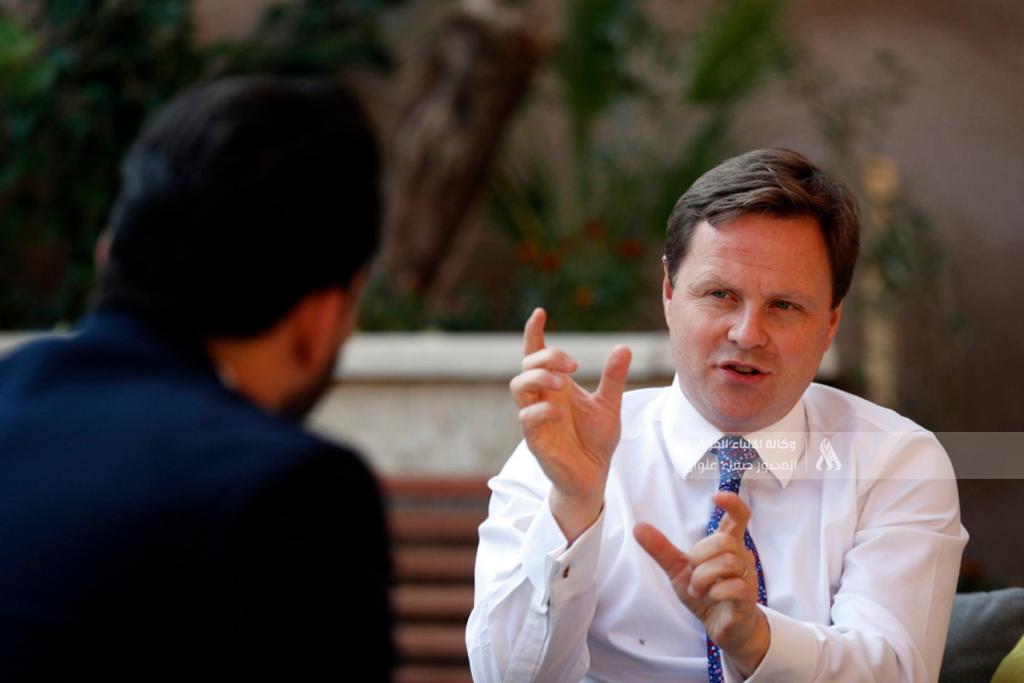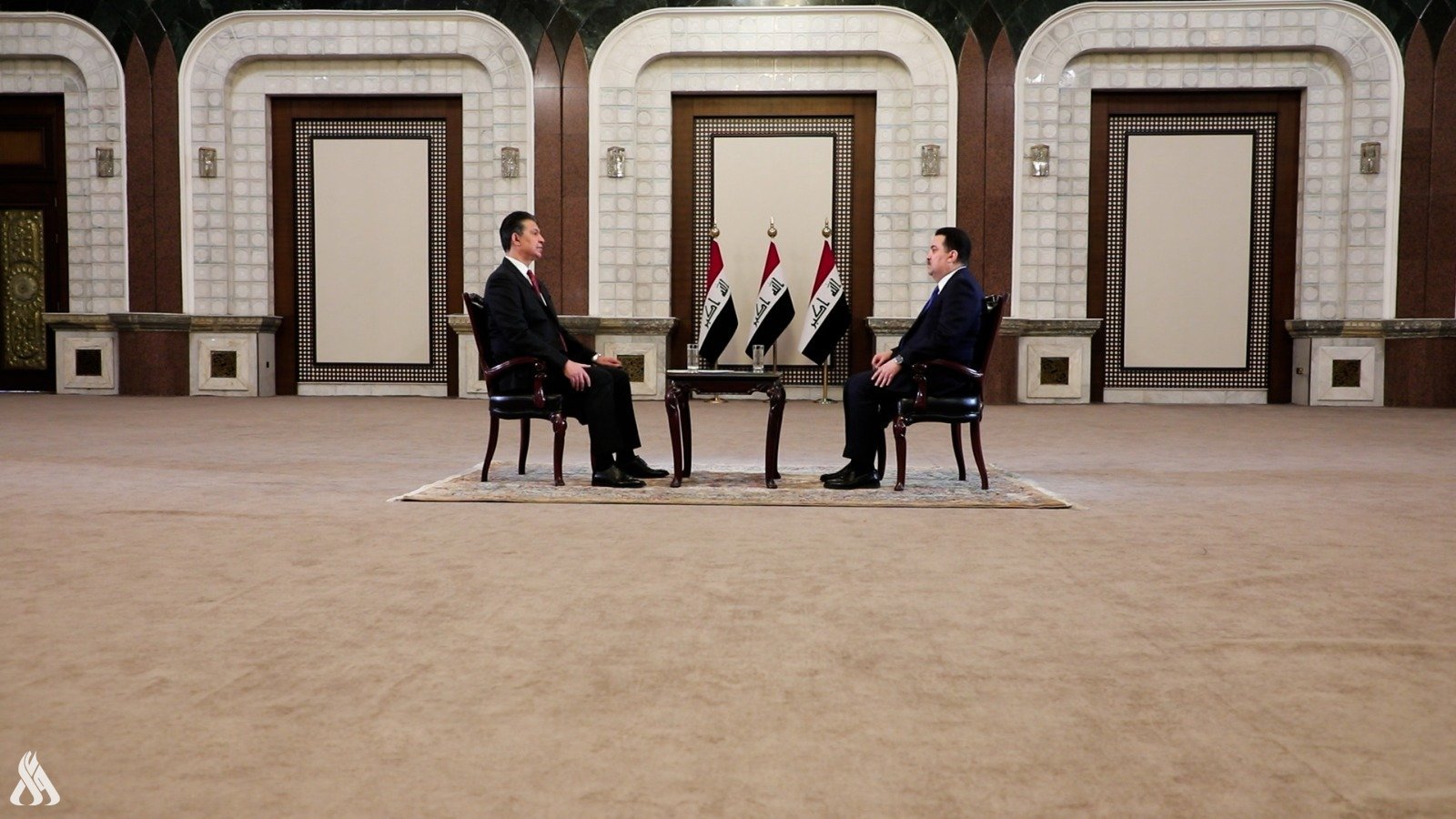
Model suggests sharing 46% of COVID-19 vaccines with low-income countries to protect people worldwide

- 5-02-2022, 09:35
INA-sources
A team of researchers affiliated with multiple institutions in China has applied mathematics to the problem of COVID-19 vaccine distribution. In their paper published in the journal Nature Human Behaviour, the group describes calculating an equitable vaccine distribution level that would protect the most people. Dan Yamin, with Tel Aviv University, published a News & Views piece in the same journal issue outlining the work done by the team in China.
Shortly after scientists developed vaccines to protect people against COVID-19, it became clear that many more people in high-income countries were receiving the vaccine than were those living in countries at the lower end of the economic scale. The gulf has widened throughout the pandemic, as people in the U.S., Europe and other high-income places have received booster shots even as many people in poor countries have yet to receive any vaccine. Scientists warn that this situation is not in the best interest of people in either economic category because if people in low-income countries are not vaccinated, then the virus will keep mutating, prolonging the pandemic, and many more people in the low-income countries will die.
In this new effort, the researchers applied math to the problem. They wanted to know what percentage of all vaccines produced should be given to people living in lower-income countries to reduce the risk of new variants emerging, while still providing as much protection as possible for those living in high-income countries. Their calculations showed the optimal percentage to be 46%. If high-income countries send almost half of all the vaccines made to low-income countries around the world and give the rest to the high-end countries, it would substantially reduce the development of new variants, save millions of lives and set the world on the path toward a future without COVID-19. Doing so would, of course, mean sacrifice on the part of high-income countries—there would not be enough vaccines for everyone—but the long-term objective of drastically reducing the impact of the virus on the world, they claim, would be the morally right thing to do.
Source: Medical Xpress
US Central Command: We killed ISIS terrorist leader Abu Yusuf in Syria
- International
- 24/12/20
Liverpool compete with Real Madrid to sign Olympique Lyonnais star
- Security
- 24/12/19
Iraq assumes presidency of Arab Investment Company’s Executive Board
- Economy
- 24/12/17
Hackers exploiting Microsoft Teams to gain remote access to user’s system
- Multimedia
- 24/12/17












